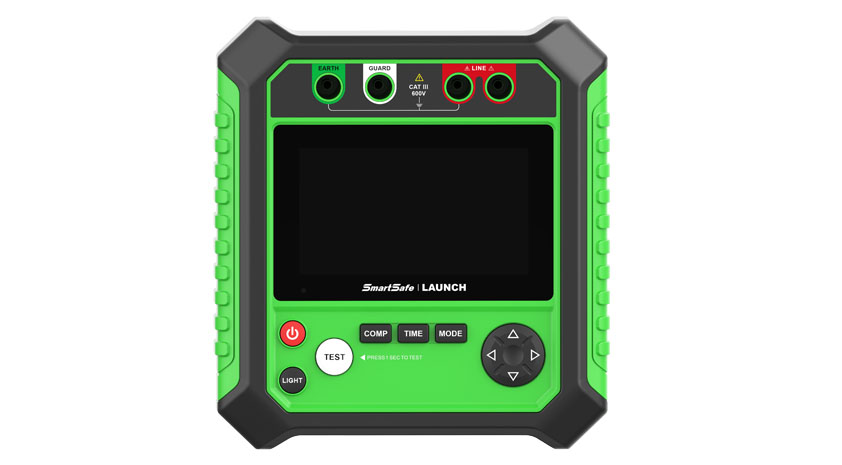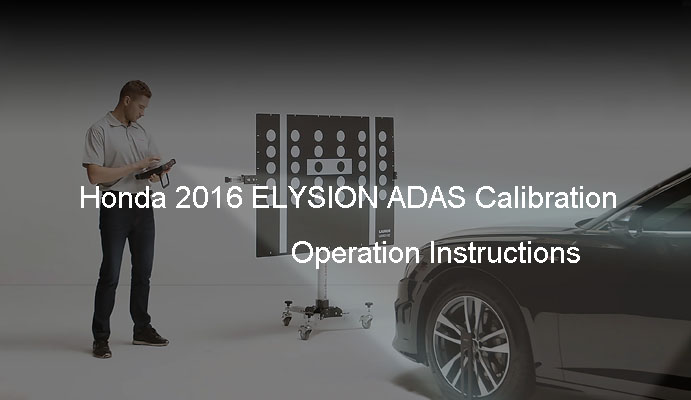Insulation resistance tester, also known as megohmmeter or megger, is an electronic instrument used to measure electrical insulation resistance.
Insulation resistance testers are commonly used in the electrical industry to check the insulation integrity of wires, cables, transformers and other electrical equipment. By measuring insulation resistance, a technician can determine if the insulation is sound, if there are any defects, or if the insulation has degraded over time. This test is often used to identify potential safety hazards or to diagnose problems with electrical equipment such as motors, transformers and cables. In general, a higher insulation resistance indicates better insulation quality and a lower risk of electrical hazards.
Insulation resistance testing is important for several reasons, including:
Safety: Insulation Resistance testing helps ensure the safe use of electrical equipment by detecting any insulation faults that could result in electric shock or fire hazards.
Maintenance: Insulation resistance testing helps detect early signs of insulation degradation, allowing timely repair and replacement of affected equipment.
Compliance: To ensure compliance with safety and performance requirements, many industry standards and regulations mandate periodic insulation resistance testing of electrical equipment.
Troubleshooting: Insulation resistance testing can solve electrical problems by identifying the electrical fault or source of the fault.
Overall, insulation resistance tester is an essential tool in ensuring the safety, reliability and compliance of electrical equipment.
First, the working principle of insulation resistance tester is based on the fact that insulating materials have a very high resistance to electrical current.
Insulation resistance testers utilize a high-voltage DC signal to be applied to the insulator being tested, and subsequently gauge the current that travels through the insulator. The tester then calculates insulation resistance by dividing the applied voltage by the measured current.
Testers typically have a range of voltage settings, depending on the type of insulation being tested. For example, a lower voltage setting can be used to test low-voltage cables, while a higher voltage setting can be used to test high-voltage cables or motors.
In addition to measuring insulation resistance, some insulation resistance testers can also measure other parameters, such as polarization index (PI) and dielectric absorption ratio (DAR), which can provide additional information about the condition of the insulation.
It is important to note that insulation resistance testing should only be performed by qualified personnel and proper safety precautions should be taken to avoid injury or equipment damage.
With the advancement of technology, the insulation resistance testers on the market today include the following types:
Analog Insulation Resistance Testers: These are traditional insulation resistance testers that use an analog meter to display readings. They are simple to use, but not as accurate as digital testers.
Digital Insulation Resistance Testers: These testers use a digital display to show the readings and are more accurate than analog testers. They may also have other features, such as automatic ranging and data logging.
Megohmmeter: A megohmmeter is an insulation resistance tester specially designed to measure high insulation resistance values. They are commonly used for testing high-voltage equipment and systems.
Handheld Insulation Testers: These testers are portable and battery-operated, making them ideal for field testing. Both analog and digital formats are available.
Benchtop Insulation Testers: These testers are larger and more powerful than handheld testers and are designed for use in a laboratory or workshop environment.
Automatic Insulation Testers: These testers are computer controlled and can automate a variety of tests, making them ideal for testing large numbers of items quickly and efficiently.
Each of the above types has its disadvantages and advantages. When we choose, we can choose the right one according to the specific needs.
Perhaps most of the insulation resistance testers on the market are aimed at fuel vehicles. But for electric vehicles, insulation resistance testing is equally important. If we are going to use an insulation resistance tester for EV, please note the following:
① Make sure the EV is not charging and the battery is disconnected.
② Connect the insulation resistance tester to the EV's electrical system according to the manufacturer's instructions.
③ Set the insulation resistance tester to a voltage level suitable for the EV system.
④ Turn on the insulation resistance tester and let it stabilize.
⑤ Measure the insulation resistance and compare it with the manufacturer's recommended value. If the resistance is too low, it may indicate a problem with the insulation.
⑥ Repeat the test on different parts of the electrical system, including the battery, charging system and motor.

For the electric vehicle insulation tester, we recommend a product for everyone: iSmartEV RT100. This is a combination of large-scale integrated circuits and digital circuits with microcomputer technology design as the core. iSmartEV RT100 insulation tester has powerful data processing software and measurement. Therefore, it can completely measure insulation resistance, voltage and other parameters. Its stable performance and easy operation are suitable for electric field measurement and maintenance of user equipment and power lines.
Return


